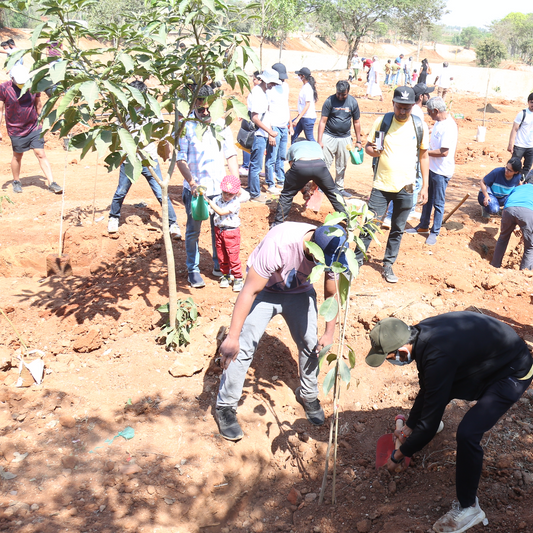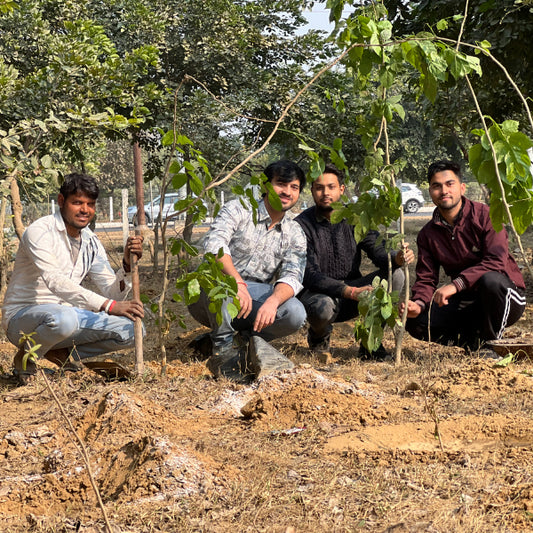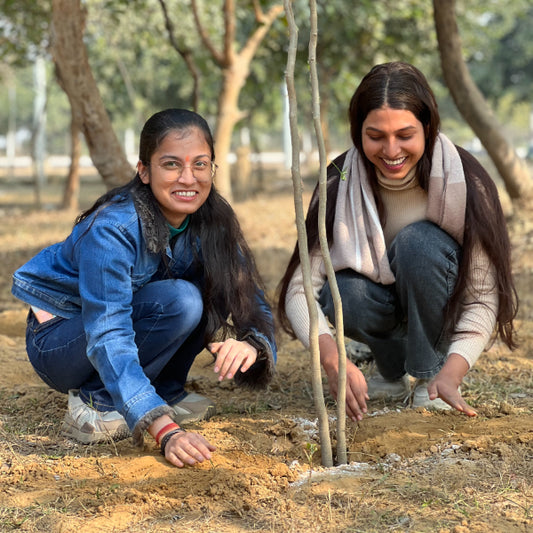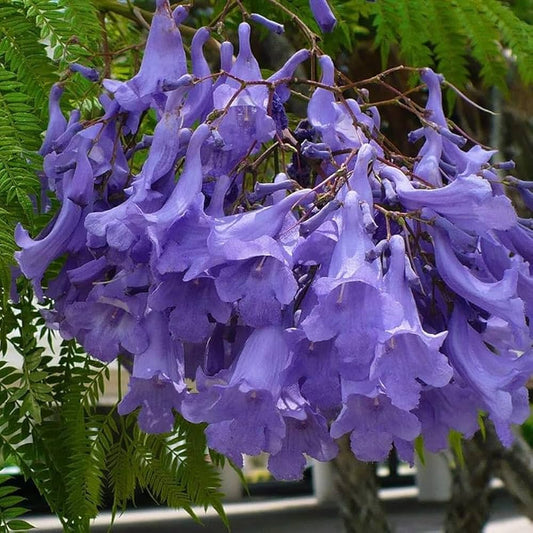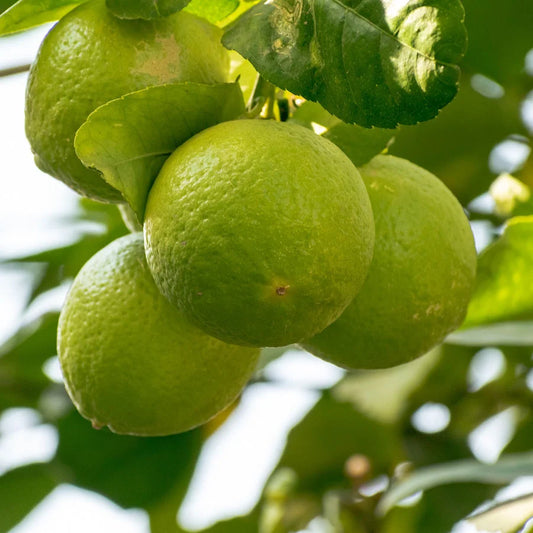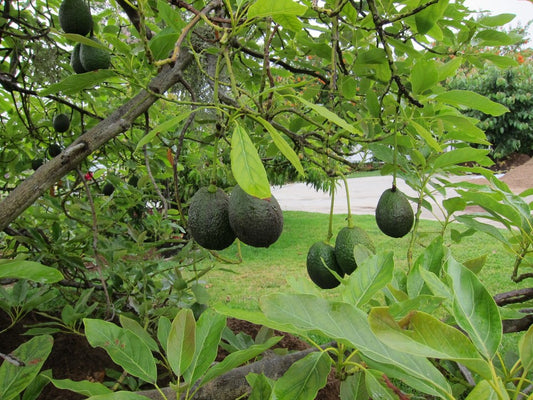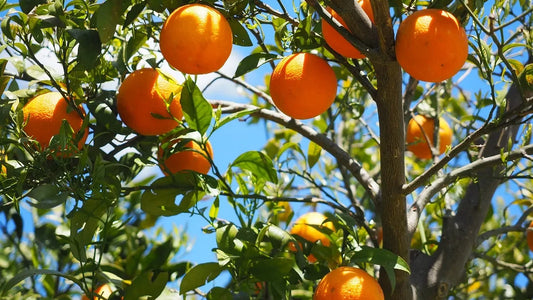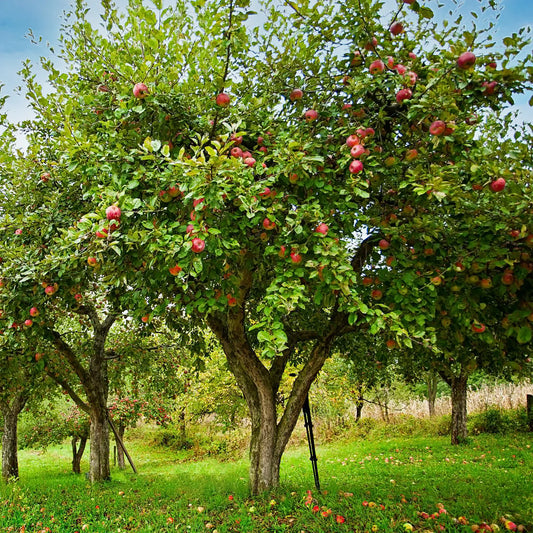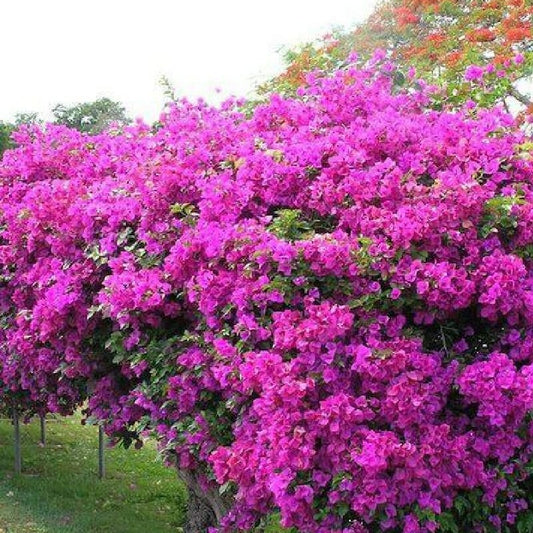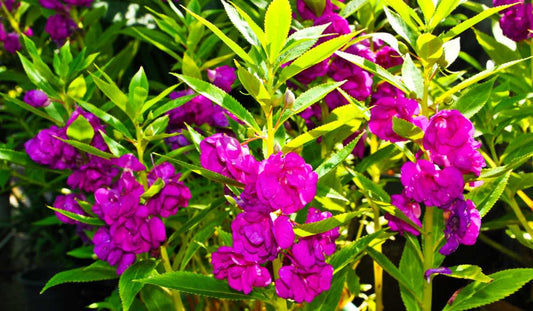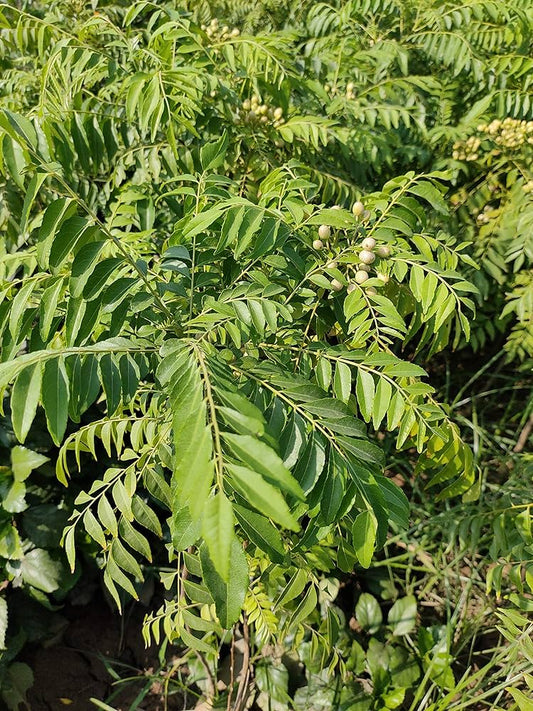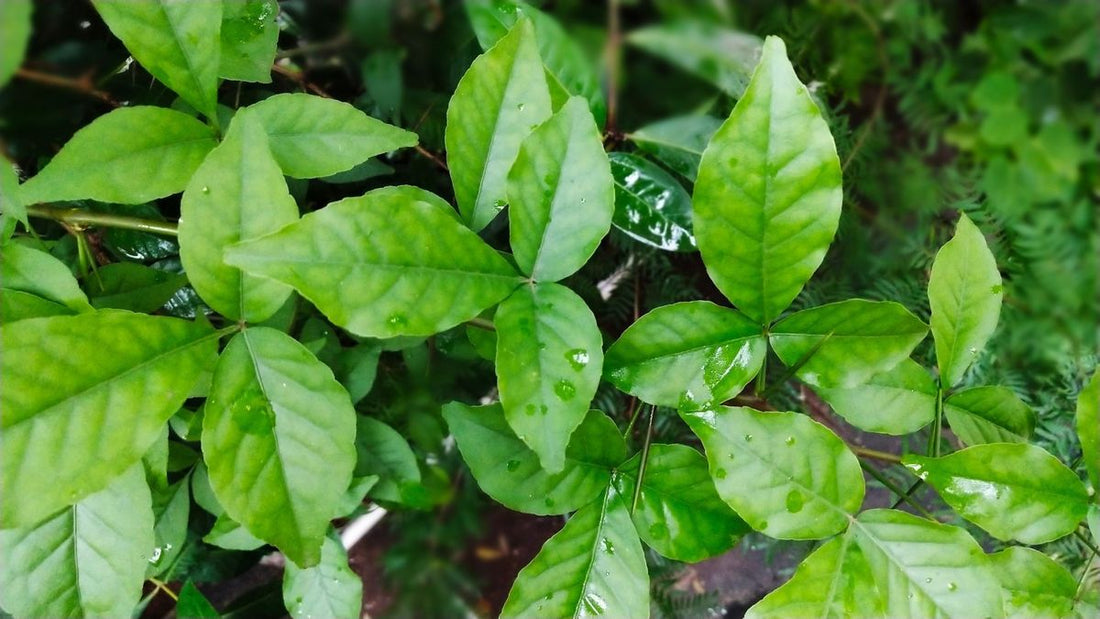

Belpatra Tree: Unveiling Its Sacred Significance, Medicinal Benefits,
The Belpatra Tree (Aegle marmelos), commonly known as the Bael tree, is a revered plant in Indian culture and a hidden gem in the world of herbal medicine. This ancient tree, often associated with spiritual practices and Ayurvedic traditions, has fascinated people for centuries due to its multiface Read more
Trending
Trees for Corporates
Belpatra Tree: Unveiling Its Sacred Significance, Medicinal Benefits,
The Belpatra Tree (Aegle marmelos), commonly known as the Bael tree, is a revered plant in Indian culture and a hidden gem in the world of herbal medicine.
This ancient tree, often associated with spiritual practices and Ayurvedic traditions, has fascinated people for centuries due to its multifaceted significance.
In this blog, we’ll explore the sacred, medicinal, and ecological contributions of the Belpatra tree, drawing from scientific studies, cultural history, and its role in promoting environmental balance.
1. The Sacred Significance of the Belpatra Tree
Mythological and Religious Importance
The Belpatra tree holds an esteemed place in Hindu mythology. It is considered sacred to Lord Shiva, and its trifoliate leaves symbolize his three eyes or the holy trinity of Brahma, Vishnu, and Mahesh.
During rituals like Rudrabhishek, devotees offer Bel leaves to Shiva as a token of devotion and purification. According to the Skanda Purana, Lord Shiva himself declared that anyone offering Bel leaves to him will be blessed with spiritual merit.
Cultural Symbolism
In India, the Belpatra tree represents sanctity and purity. Its presence in temples and homes is believed to ward off negative energies. It is often planted near temples as a mark of sacredness and is an integral part of Hindu festivals like Mahashivratri.
2. Medicinal Benefits of the Belpatra Tree
Rich in Nutrients and Bioactive Compounds
The Belpatra tree is a treasure trove of bioactive compounds. Its leaves, fruits, roots, and bark have been extensively studied for their medicinal properties. According to research published in the Journal of Ethnopharmacology, the tree is rich in tannins, alkaloids, flavonoids, and essential oils.
Key Medicinal Uses:
-
Digestive Health:
- The unripe fruit of the Belpatra tree is a natural remedy for diarrhea and dysentery. It contains tannins that soothe the gastrointestinal tract.
- Its pulp is used to treat chronic constipation due to its mild laxative properties.
-
Anti-Diabetic Properties:
Studies have shown that extracts from the leaves can lower blood sugar levels by enhancing insulin secretion. The Indian Journal of Medical Research highlights its role in managing Type 2 diabetes. -
Immunity Booster:
The antioxidants present in Bel leaves strengthen the immune system, reducing oxidative stress and protecting the body from infections. -
Respiratory Benefits:
Belpatra has been traditionally used to treat respiratory issues like asthma and bronchitis. The essential oils in its leaves have anti-inflammatory properties. -
Skin Health:
The antiseptic and antifungal properties of Bel extracts make it a popular ingredient in treating skin conditions such as eczema and fungal infections.
Fun Fact:
In rural India, Bel fruit is often called the "Golden Apple" due to its golden-yellow pulp, which is not only nutritious but also revered for its cooling properties in summer.
3. Historical and Traditional Uses
The history of the Belpatra tree dates back to ancient India. It finds mention in the Charaka Samhita and Sushruta Samhita, foundational texts of Ayurveda, as a cure-all herb. Archaeological evidence from the Indus Valley Civilization suggests that the Bel tree was cultivated for its religious and medicinal importance as early as 2000 BCE.
In traditional Indian households, dried Bel leaves were used as natural air purifiers. The fruit pulp was a staple ingredient in ancient remedies for various ailments, including infections and chronic pain.
4. Environmental Impact of the Belpatra Tree
Climate Resilience
The Belpatra tree is a hardy species, thriving in arid and semi-arid regions. It can withstand extreme temperatures ranging from -7°C to 48°C, making it ideal for combating desertification and soil erosion.
Carbon Sequestration
As a perennial tree, Belpatra plays a significant role in carbon sequestration. Its dense canopy absorbs carbon dioxide, helping mitigate the effects of climate change. According to a study by the Indian Council of Forestry Research, mature Belpatra trees can sequester approximately 20 kg of CO2 per year.
Biodiversity Hotspot
The tree supports local biodiversity by providing food and shelter to various species. Its flowers attract bees and butterflies, aiding pollination, while its fruits serve as a food source for birds and small mammals.
Sustainable Agriculture
Belpatra trees are often integrated into agroforestry systems, improving soil fertility through their leaf litter and offering shade for crops. Their deep roots prevent water runoff, conserving soil moisture.
5. The Belpatra Tree and Modern Science
Scientific Studies
Modern research is uncovering new dimensions of the Belpatra tree’s benefits. A study published in the Asian Journal of Pharmaceutical Sciences demonstrated that the tree’s bark contains compounds with anti-cancer properties. Another study in the Journal of Herbal Medicine highlighted its potential in reducing cholesterol levels and improving cardiovascular health.
Pharmaceutical Potential
The global herbal medicine market is increasingly recognizing the Belpatra tree as a source of natural remedies. Extracts from its fruit and leaves are being incorporated into herbal supplements, teas, and skincare products.
6. Conservation Challenges
Despite its numerous benefits, the Belpatra tree faces threats from deforestation and habitat loss. Overharvesting of its leaves for religious purposes has led to a decline in its population in some regions. Conservation efforts are needed to ensure its survival, including:
- Promoting sustainable harvesting practices.
- Encouraging plantation drives in urban and rural areas.
- Educating communities about its ecological importance.
7. Fun Facts About the Belpatra Tree
- Sacred Geometry: The trifoliate leaves of the Belpatra tree are said to represent the three gunas (qualities) in Hindu philosophy—Sattva (purity), Rajas (activity), and Tamas (darkness).
- Longest-Living Trees: Some Belpatra trees are known to live over 100 years, symbolizing longevity and resilience.
- Culinary Use: In some Indian regions, the fruit pulp is used to make a refreshing drink called Bael sherbet, known for its cooling and detoxifying properties.
8. How to Grow and Care for a Belpatra Tree
Planting Tips:
- Climate: Prefers tropical and subtropical climates but can adapt to a wide range of conditions.
- Soil: Thrives in well-drained, sandy loam soil.
- Watering: Requires moderate watering, especially during the first year of growth.
- Propagation: Typically grown from seeds or cuttings.
Pest and Disease Management:
The tree is resistant to most pests and diseases, making it a low-maintenance addition to gardens and farmlands.
9. Conclusion: A Tree for the Ages
The Belpatra Tree is more than just a plant; it is a symbol of spirituality, a cornerstone of traditional medicine, and a champion of environmental sustainability. From its sacred role in Hindu rituals to its scientifically proven health benefits and ecological significance, this tree offers a holistic solution to modern challenges.
By planting and preserving the Belpatra tree, we not only honor our cultural heritage but also contribute to a greener, healthier planet. Let us embrace this wonder of nature and ensure its legacy for future generations.
You may also like
Corporate Plantations
Belpatra Tree Uses
From rituals to remedies, the Belpatra Tree serves up a platter of benefits—spiritual serenity, medicinal marvels, and even shade for those hot summer days.
Belpatra Tree Medicinal Benefits
Packed with anti-inflammatory and detoxifying properties, the Belpatra Tree is like nature’s prescription pad, tackling everything from diabetes to indigestion with ancient wisdom.
Belpatra Tree in Ayurveda
Revered in Ayurveda, this tree is a health maestro, balancing doshas while lending its leaves to cures for fever, pain, and even emotional calm.
Belpatra Tree Sacred Significance
A divine favorite, the Belpatra Tree is Lord Shiva’s spiritual companion, gracing temples and pujas with its sacred aura and leaf offerings.
Belpatra Tree Environmental Impact
Beyond rituals, this tree is an eco-warrior, purifying the air, enriching the soil, and providing shelter to countless creatures—a true environmental hero.
Belpatra Tree Leaves
Known as Shiva’s favorite, these trifoliate leaves are not just symbolic—they're medicinal powerhouses waiting to brew in your tea or rituals.
Belpatra Tree Growth Conditions
This low-maintenance wonder thrives in tropical and subtropical zones, loving sunlight and well-drained soil—perfect for beginners and pros alike.
Belpatra Tree Spiritual Importance
A tree with a hotline to the divine, it bridges the earthly and the sacred, making every leaf a spiritual blessing.
Belpatra Tree Cultural Significance
Rooted in Indian traditions, the Belpatra Tree is a symbol of purity, protection, and prosperity, deeply woven into the cultural fabric.
Belpatra Tree Bark
Often overshadowed by its leaves, the bark carries secrets of Ayurvedic healing, from pain relief to detox teas—underrated but invaluable.
Belpatra Tree Fruit
Beyond the leaves lies the hidden gem of fruit, used in herbal concoctions that scream health benefits with a tangy twist.
Belpatra Tree History
With roots in ancient texts and myths, this tree has stood the test of time as a sacred, medicinal, and environmental icon.
FAQ
What is the Belpatra Tree?
The Belpatra Tree, also known as Aegle marmelos, is a sacred plant celebrated for its trifoliate leaves, aromatic fruit, and medicinal properties. A spiritual icon and environmental hero, this tree bridges ancient traditions with modern benefits.
Why is the Belpatra Tree sacred?
The Belpatra Tree holds a special place in Hinduism, with its trifoliate leaves symbolizing Lord Shiva\u2019s three eyes. Offering these leaves during prayers represents purity, devotion, and spiritual connection.
What are the medicinal benefits of the Belpatra Tree?
The Belpatra Tree is a natural healer, addressing ailments like diabetes, digestive disorders, and respiratory issues. Its leaves, bark, and fruit are packed with antioxidants and healing properties.
How is the Belpatra Tree used in Ayurveda?
Ayurveda reveres the Belpatra Tree, or "Bilva," for its ability to balance doshas, detoxify the body, and treat conditions like fever, inflammation, and stress with holistic care.
What makes Belpatra leaves special?
Belpatra leaves are nature\u2019s health boosters. Rich in antioxidants, they regulate blood sugar, enhance immunity, and soothe the mind with their calming properties.
Where can you find the Belpatra Tree?
The Belpatra Tree is native to India and Southeast Asia, thriving in dry forests, plains, and even home gardens. Its adaptability makes it a favorite for gardeners and farmers alike.
How does the Belpatra Tree support the environment?
This eco-friendly tree combats drought, enriches soil, purifies air, and provides habitat for wildlife. It\u2019s a green superhero that balances health and ecology.
Can Belpatra leaves help with diabetes?
Yes, the leaves are a natural remedy for diabetes. They regulate blood sugar levels effectively, earning their place in both Ayurveda and modern herbal medicine.
What are the uses of Belpatra fruit?
The fruit of the Belpatra Tree is a digestive aid, immune booster, and flavor enhancer. It\u2019s used in making herbal medicines, refreshing drinks, and even delicious jams.
How is the Belpatra Tree significant in rituals?
The trifoliate leaves are sacred offerings to Lord Shiva, symbolizing devotion and spiritual purity. Their use in rituals reflects centuries of cultural and spiritual reverence.
Is the Belpatra Tree easy to grow?
Absolutely! The Belpatra Tree is hardy, drought-tolerant, and low-maintenance. Whether you\u2019re a gardening novice or a pro, this tree will thrive with minimal effort.
What role does the Belpatra Tree play in mythology?
Mythology ties the Belpatra Tree to Lord Shiva, believed to have emerged from his sweat. Every leaf carries a story of divinity and cosmic energy, making it a living legend.
Most Popular
Connect with us
-
👥 Corporates
If you are looking for:
- 🌲 Tree Plantation Events
- 📊 CSR Projects
📧 corporate@growbilliontrees.com
📞 +91 9699723523
💬 +91 9370599291 WhatsApp (Only)
🕒 Mon - Sat | 10am - 7pm IST
-
🧩 Tree Plantation NGOs
If you are looking for:
- 💰 Financial Assistance
- 🤝 Operational Support
📧 support@growbilliontrees.com
📞 +91 9699723523
💬 +91 9370599291 WhatsApp (Only)
🕒 Mon - Sat | 10am - 7pm IST
-
🌼 Individuals
If you are looking for:
- 👥 Group Tree Plantation Drive
- 🌳 Bulk Tree Plantation
📞 +91 9699723523
💬 +91 9370599291 WhatsApp (Only)
🕒 Mon - Sat | 10am - 7pm IST






